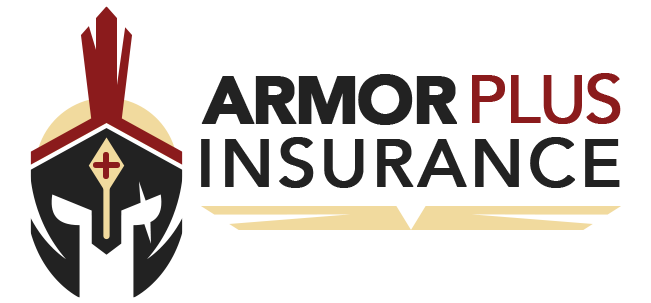Obtaining an insurance quote is the first step towards securing valuable protection for your assets and loved ones. However, to receive an accurate quote that reflects your unique needs and circumstances, it’s crucial to provide the necessary information to your insurance provider. In this article, we’ll explore the key information required for an accurate insurance quote, empowering you to make informed decisions and obtain the coverage that best suits your needs.
1. Personal Information:
a. Name and Contact Details: Your full name, address, phone number, and email address are essential for identifying you as the policyholder and communicating important information about your insurance coverage.
b. Date of Birth: Your date of birth helps insurance providers determine your age, which can affect premium rates for certain types of coverage, such as life insurance and health insurance.
c. Marital Status and Dependents: Your marital status and the number of dependents you have can influence your insurance needs and coverage options, particularly for life insurance and health insurance policies.
2. Property Information (For Homeowners/Renters Insurance):
a. Property Address: Providing the address of the property you want to insure allows insurance providers to assess factors such as location, property value, and exposure to risks such as natural disasters or crime.
b. Property Details: Details about the property’s construction, size, age, and features help insurance providers determine the appropriate coverage and premium rates for homeowners or renters insurance.
c. Safety and Security Features: Information about safety and security features such as smoke detectors, security alarms, fire extinguishers, and deadbolt locks may qualify you for discounts on your insurance premiums.
3. Vehicle Information (For Auto Insurance):
a. Vehicle Make, Model, and Year: Details about your vehicle’s make, model, year of manufacture, and vehicle identification number (VIN) are essential for determining coverage options and premium rates.
b. Mileage and Usage: ProExit Visual Builderviding accurate mileage and information about how you use your vehicle, such as daily commute distance and annual mileage, helps insurance providers assess risk factors and tailor coverage to your needs.
c. Driving History: Your driving history, including past accidents, traffic violations, and claims history, influences your eligibility for coverage and can impact premium rates.
4. Coverage Preferences and Limits:
a. Desired Coverage Types: Identifying the types of coverage you need, such as liability, collision, comprehensive, or additional endorsements, allows insurance providers to customize your policy to meet your specific needs.
b. Coverage Limits: Determining the appropriate coverage limits for each type of coverage ensures you have adequate protection against potential risks and liabilities, such as property damage or bodily injury.
5. Additional Factors:
a. Credit Score: In some cases, insurance providers may use your credit score as a factor in determining your insurance premium rates, particularly for auto and homeowners insurance.
b. Occupation and Education: Your occupation and level of education can sometimes influence insurance premium rates, as certain occupations or educational backgrounds may be associated with lower risk factors.
Providing accurate and comprehensive information to your insurance provider is essential for obtaining an insurance quote that accurately reflects your needs and circumstances. By understanding the key information required for an accurate insurance quote and being prepared to provide relevant details about yourself, your property, and your vehicles, you can ensure you receive the coverage you need at a competitive price. Remember, knowledge is key when it comes to securing the right insurance protection for your peace of mind and financial security.

